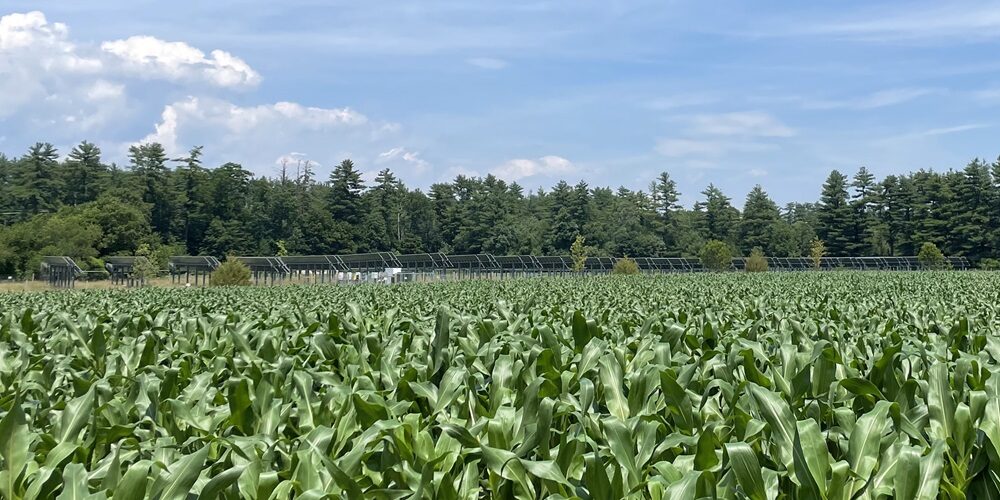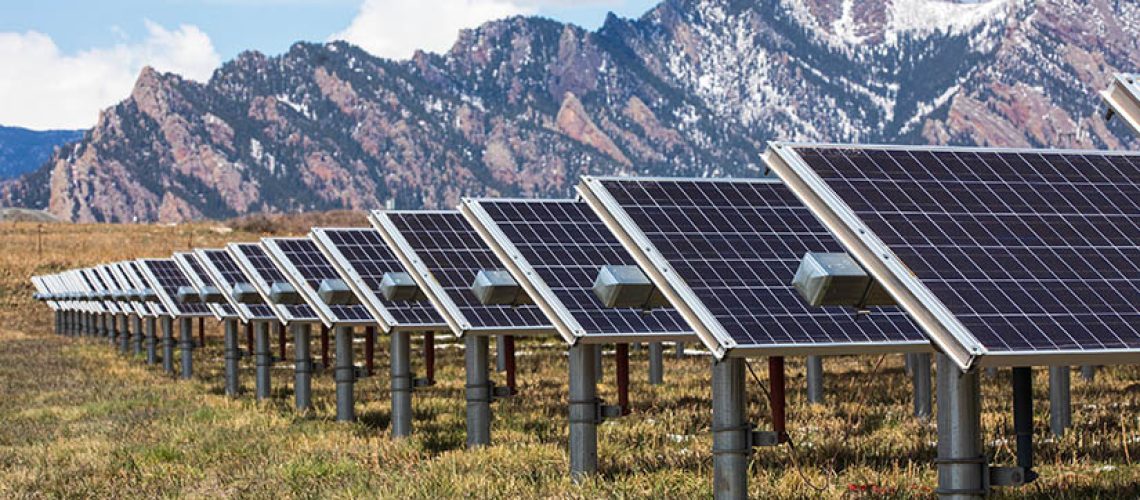The Senate Energy and Natural Resources voted to advance the Energy Permitting Reform Act of 2024, a bipartisan piece of legislation aimed at improving permitting for energy infrastructure projects.
The solar permitting process has been named as one of the greatest bottlenecks to the deployment of solar projects in the U.S. The process can be challenging due to complex regulations and reliance on manual input methods.
The Permitting Reform Act, developed by Senators Joe Manchin (I-WV) and John Barrasso (R-WY), chair and ranking member of the Senate Energy and Natural Resources Committee, is designed to shorten permitting timelines a 150-day statute of limitations from the date of the final agency action on a project; requiring courts to expedite review of legal challenges. It also sets a 180-day deadline for federal agencies to act on remanded authorizations.
Manchin called the legislation “a commonsense, bipartisan piece of legislation that will speed up permitting and provide more certainty for all types of energy and mineral projects without bypassing important protections for our environment and impacted communities.”
The bill sets deadlines and doubles production targets for renewable energy permitting on federal lands, and it streamlines environmental reviews for low-disturbance renewable, electric grid, and storage projects. It also makes several changes to accelerate the permitting processes for fossil fuel projects.
Abigail Ross Hopper, CEO of the Solar Energy Industries Association applauded Senate passage of the bill:
Today we are one step closer to overcoming systemic roadblocks to the solar and storage industry and unleashing America’s clean energy sector. Voices on all sides of this issue agree that we need to reform the permitting process so we can rapidly build out transmission capacity and deliver abundant, low-cost renewable energy to the homes and businesses that need it. There are many positive elements in this bill, including fair transmission cost allocation and provisions to simplify clean energy development on public lands.
The bill now moves to Congress. Find details of the legislation here.
Popular content




